Living Loud: Charles Nicolle - First Deaf Nobel Award Recipient
This article is part of our “Living Loud” series, which in addition to featuring well-known people who are deaf or hard of hearing, also highlights hearing individuals or unique developments that have positively impacted the world.
Charles Jules Henry Nicolle was the first deaf Nobel Prize recipient. The Nobel Prize is awarded annually in Stockholm, Sweden and is widely regarded as the most prestigious award available in the fields of literature, medicine, physics, chemistry, peace, and economics. Nicolle received the Nobel Prize in Medicine in 1928.
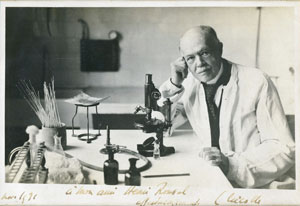
Charles Nicolle at his microscope - the most famous photo of him. (Photo Credit: Henri Roussel [Public Domain], via Wikimedia Commons)
Charles Nicolle was born hearing, in Rouen, France, on September 21, 1866. His father was a physician, and so, in spite of a wide range of interests including history, literature, and philosophy, he followed his father’s footsteps and also became a doctor. His choice became a challenge as he experienced a progressive hearing loss, and by the age of 20 he was deaf.
Nicolle became the Director of Pasteur Institute in Tunis, Tunisia in 1902. North Africa was a good place to study infectious diseases, including brucellosis, diphtheria, leprosy, malaria, measles, Mediterranean spotted fever, relapsing fever, scarlet fever, tuberculosis, and typhus.
Typhus had been a highly communicable and frequently fatal disease. It devastated armies during wars as well as prisoners living under unsanitary conditions. Typhus affected displaced populations suffering from famine, floods, and other natural disasters, and in general, it was a disease of poverty. Dr. Nicolle studied this disease for seven years, and discovered that lice were responsible for transmitting the disease. The discovery came about after he observed typhus patients spread the disease to others both inside and outside of the hospital, even their clothes seemed to spread the disease. The patients were no longer infectious after they had a hot bath and clean clothes. Controlling and eliminating lice meant controlling and eliminating typhus. For this life-saving discovery, Dr. Nicolle won the Nobel Prize in Medicine in 1928.
– Charles Nicolle
Nicolle died in 1936 at the age of 69 in Tunis, where he was still a bacteriologist and Director of the Pasteur Institute. Both of his two sons, Marcelle and Pierre, followed in his footsteps and became well-known physicians. Nicolle has been honored on postage stamps in France, Tunis, and Guyana. He forever changed biomedical science and his discoveries helped to save millions of lives.
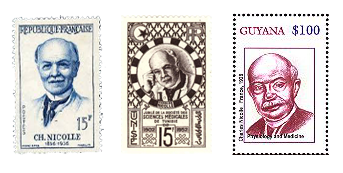
Charles Nicolle Postage Stamps from France, Tunisia (1952), and Guyana.
(Photo Credits: The Postage Stamp Collection Modern Medicine Foundations, Truman G. Blocker, Jr. History of Medicine Collections, Moody Medical Library, UTMB Health, Nobel Stamps)
See It Signed - Example Sentence
See this example sentence about Nicolle:
ASL Gloss: D-R C-H-A-R-L-E-S N-I-C-O-L-L-E HE BORN HEARING EAR DETERIORATE AGE 20 FULL DEAF. HE FIRST DEAF GET N-O-B-E-L P-R-I-Z-E FOR DISCOVERING T-Y-P-H-U-S OUTBREAK START HOW? FROM L-I-C-E
English Example: Dr. Charles Nicolle was born hearing but became deaf by the age of 20. He was the first deaf person to receive a Nobel Prize. It was for discovering Typhus is spread by lice.
Become a Member of Signing Savvy to see more example sentences signed, including example sentences related to Deaf Culture.
Resources
- Schultz, M. and Morens, D. (2009, September). Charles-Jules-Henri Nicolle. Emerging Infectious Disease, 15(9). Retrieved 8/16/2016 from http://www.ncbi.nlm.nih.gov/pmc/articles/PMC2819868/
- Charles Nicolle. Wikipedia. Retrieved 8/16/2016 from https://en.wikipedia.org/wiki/Charles_Nicolle
- Nobel Prize. Wikipedia. Retrieved 8/16/2016 from https://en.wikipedia.org/wiki/Nobel_Prize
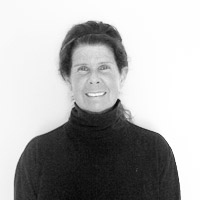 Marta Belsky is Deaf and a third generation ASL user. She has been teaching ASL for 30 years and enjoys sharing her native language with new users. Marta is on the Lansing Community College Interpreter Training Program Advisory Board and has also been a board member for the Michigan Registry of Interpreters for the Deaf and the Michigan Chapter of American Sign Language Teachers Association.
Marta Belsky is Deaf and a third generation ASL user. She has been teaching ASL for 30 years and enjoys sharing her native language with new users. Marta is on the Lansing Community College Interpreter Training Program Advisory Board and has also been a board member for the Michigan Registry of Interpreters for the Deaf and the Michigan Chapter of American Sign Language Teachers Association.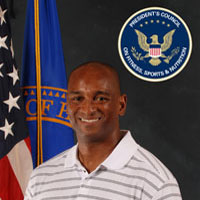 Living Loud: Curtis Pride - Major League Baseball Player
Living Loud: Curtis Pride - Major League Baseball Player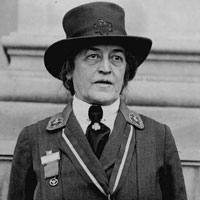 Living Loud: Juliette Gordon Low - Founder of the Girl Scouts and Philanthropist
Living Loud: Juliette Gordon Low - Founder of the Girl Scouts and Philanthropist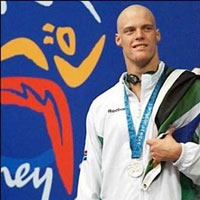 Living Loud: Terence Parkin - Olympic Swimmer
Living Loud: Terence Parkin - Olympic Swimmer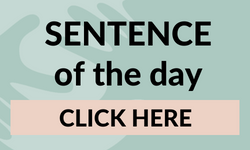
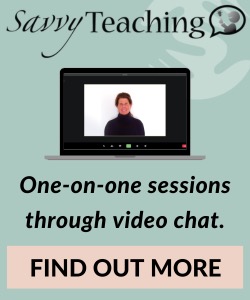
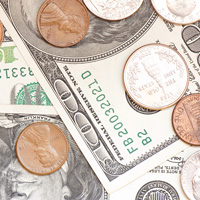
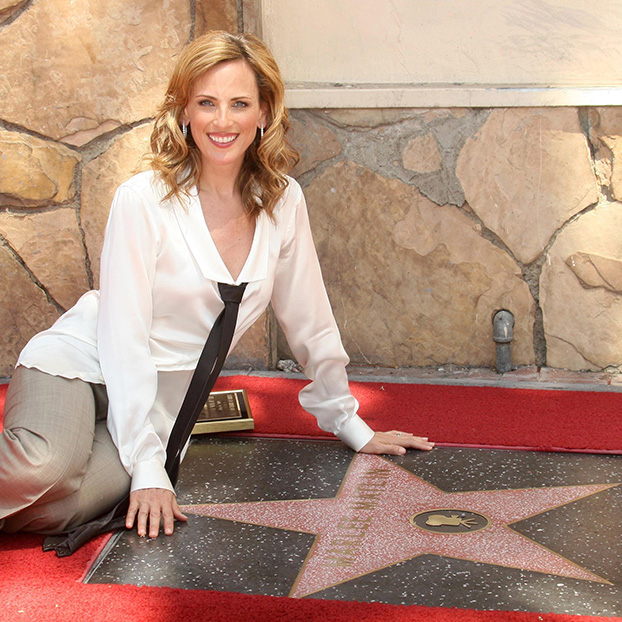


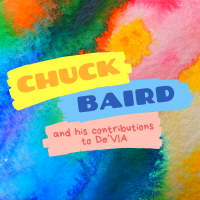

Savvy User BarbaraFriday, September 30, 2016
May I share these articles with my students? I teach three ASL I classes and am emphasizing to my students the ABILITIES of Deaf and hearing impaired. Articles like this would be instrumental in changing the mindset of ability vs. disability.